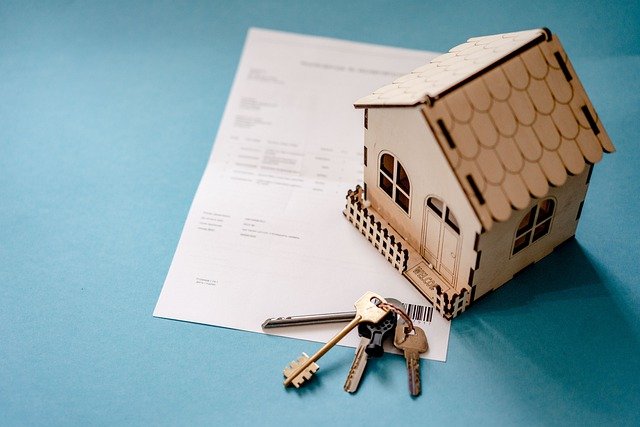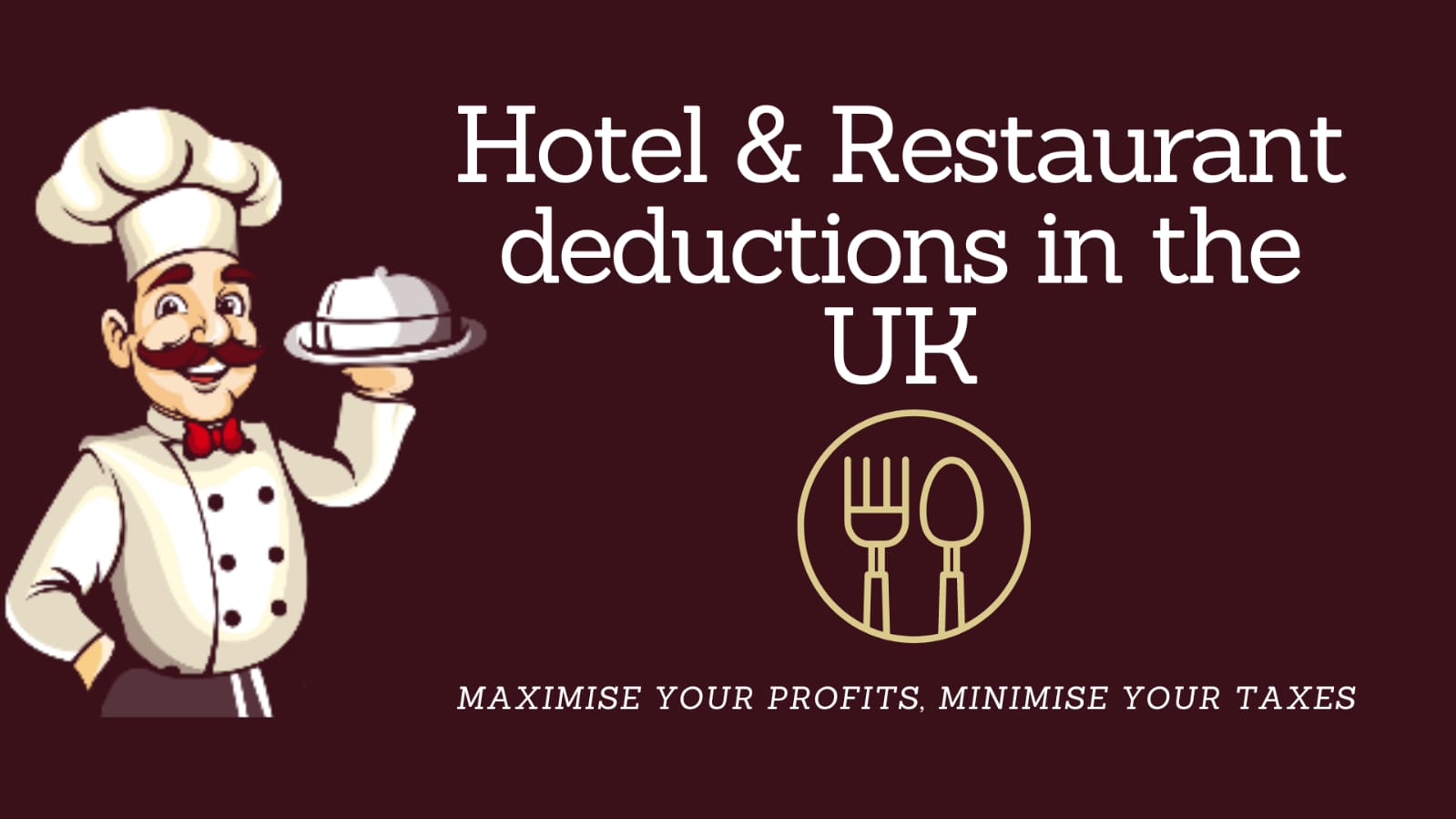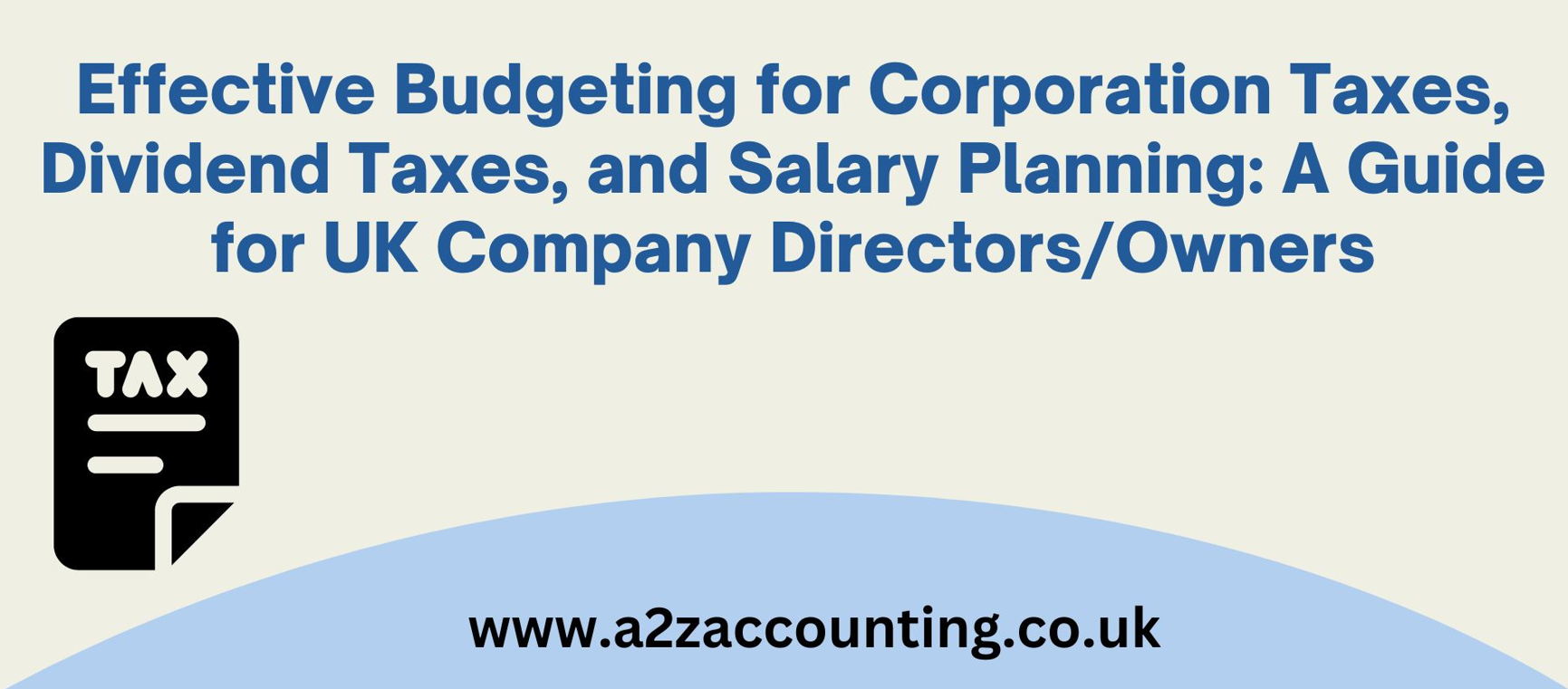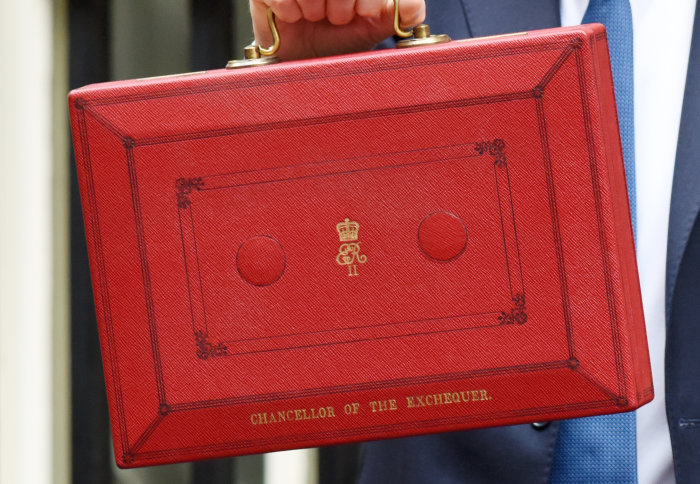Whether you are familiar with property investment or are just getting started, you may have heard the term “limited company”. A limited company is legally recognised as a separate entity from its owner, so buying a property through a limited company has a unique set of implications. In this guide, we will run down the benefits of buying properties through a limited company.
Tax rate
The main reason for buying a property through a limited company that you may have already heard about is tax efficiency. If you rent out a property as a private individual, you will pay up to 45% of your rental income in tax, whereas as a limited company, you are subject to corporation tax instead. This is a rate of 19%, clearly a significantly lower rate that is attractive to many. Plus, any interest paid on a mortgage to purchase a property through a limited company is tax-deductible, whereas private landlords can only claim a tax credit of 20% against their mortgage interest.
Limited liability
Another advantage of buying properties through a limited company is that your business then becomes legally separate from you. This means that you are not personally liable for any financial losses, so you or any shareholders will be inaccessible to creditors, who can only access the company’s assets in the face of a recession or other poor financial situation.
Shareholders
Buying property as a limited company means that you can share company profits between as many shareholders as you see fit and take advantage of using multiple individual tax allowances. If you choose to make your family members shareholders, this could then also minimise the amount of inheritance tax that they have to pay.
Cheaper stamp duty
Stamp duty is one of the hidden costs for new homeowners that can be costly depending on the location and price of the house. If you own a property as a limited company, you could sell shares of the property rather than the property itself. This limits the amount of stamp duty the buyer has to pay to just 0.5%, whereas stamp duty for personally owned properties can be up to 15%.
If you are thinking of investing in property as a limited company, the expert team at A2Z Accounting can give you valuable advice. Contact us today to find out how we can help you.













